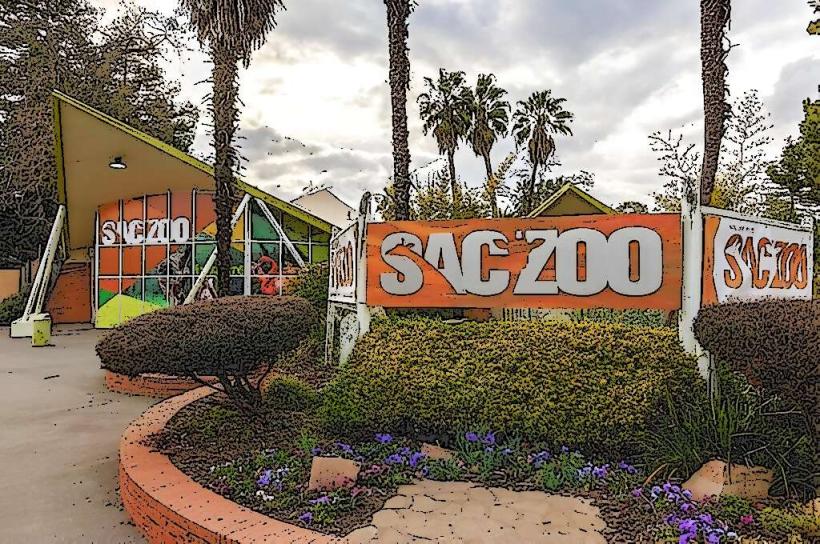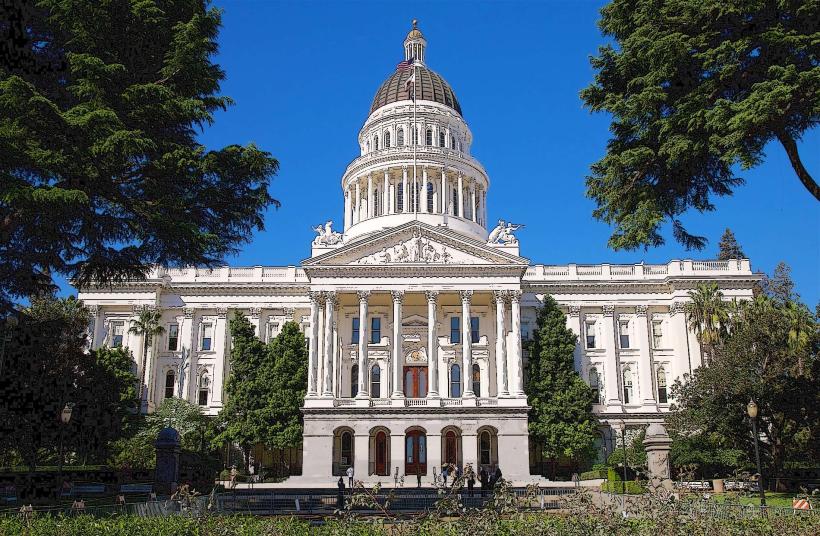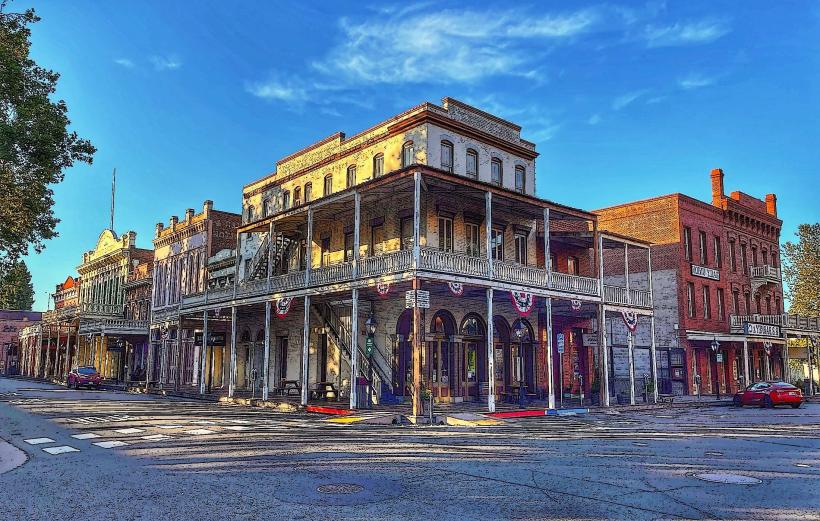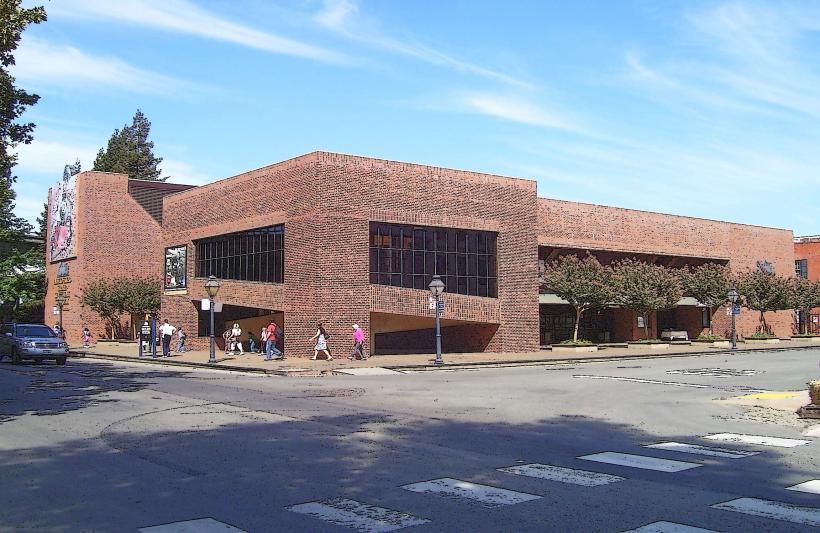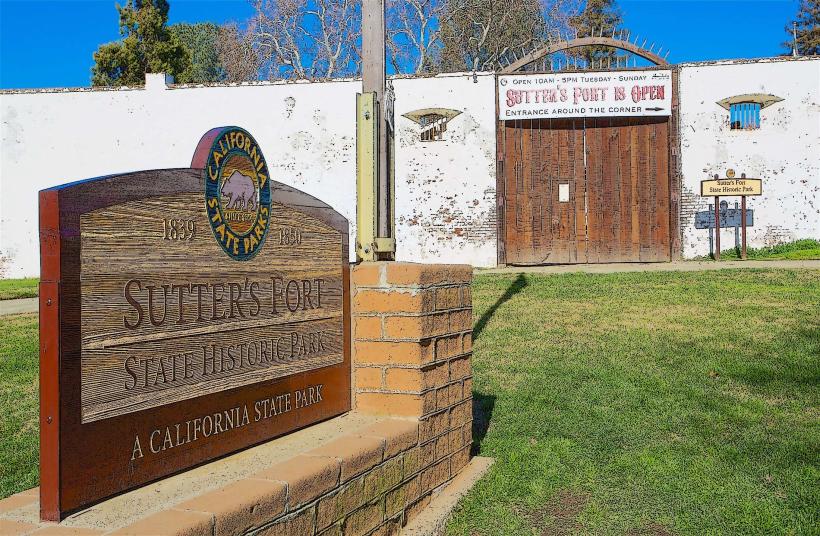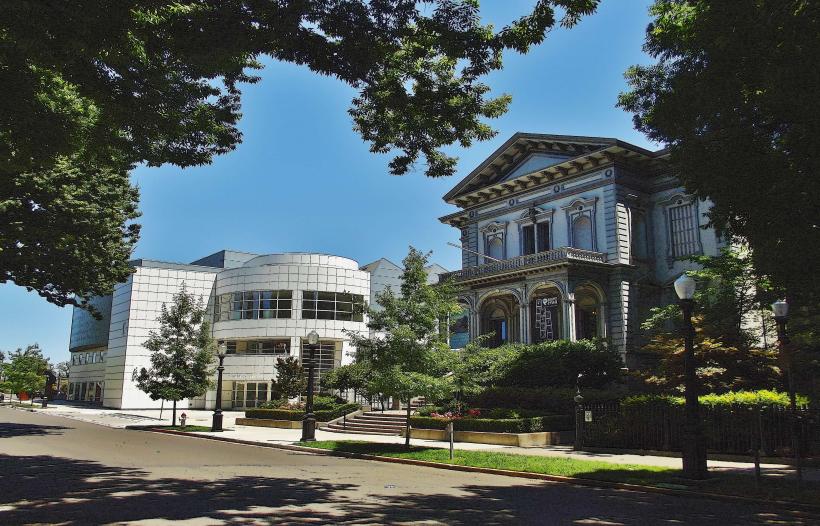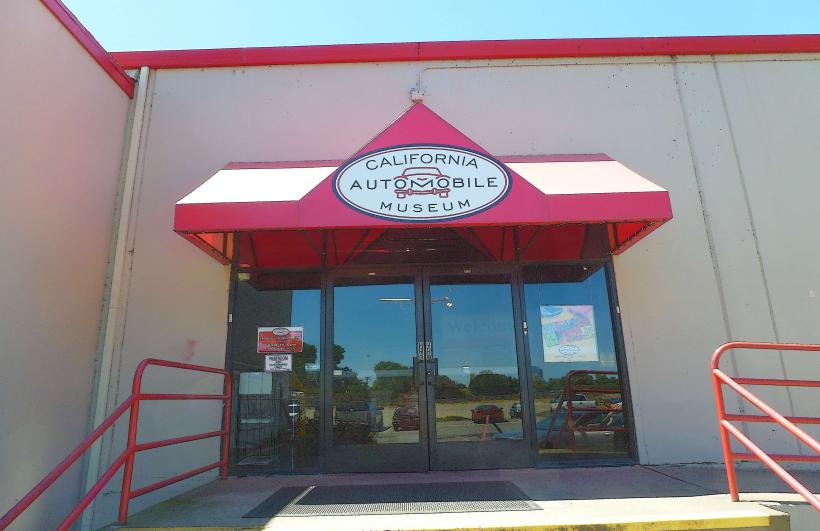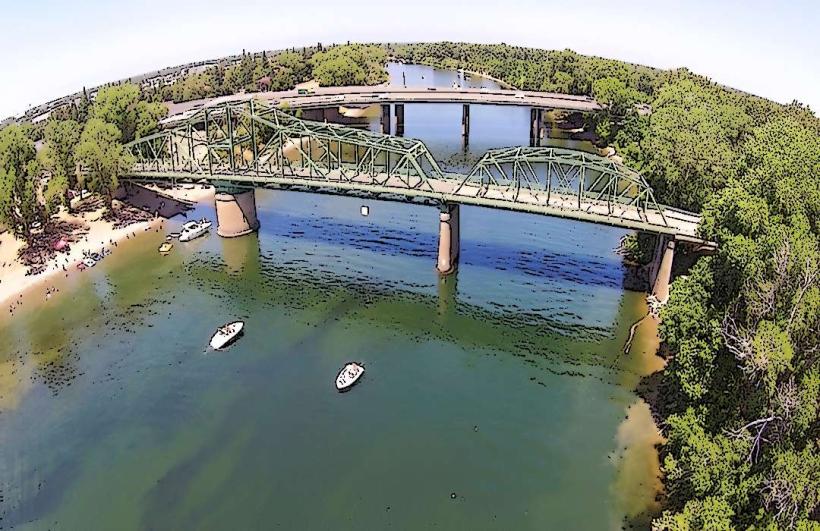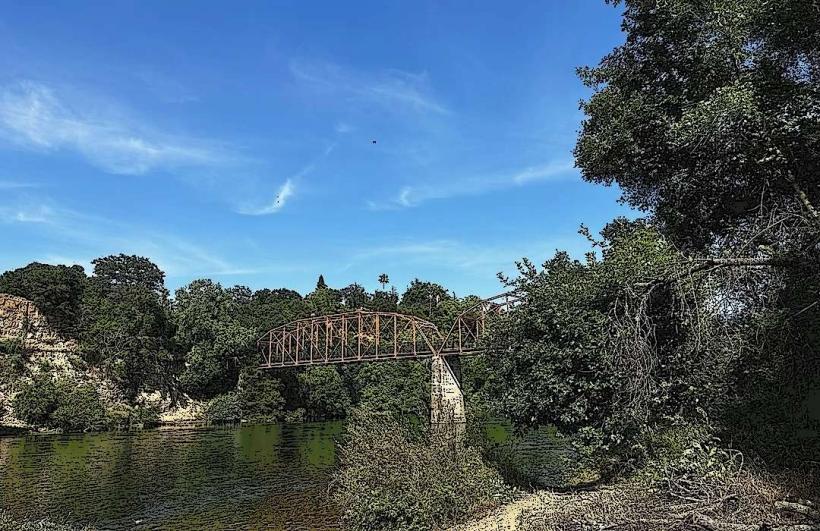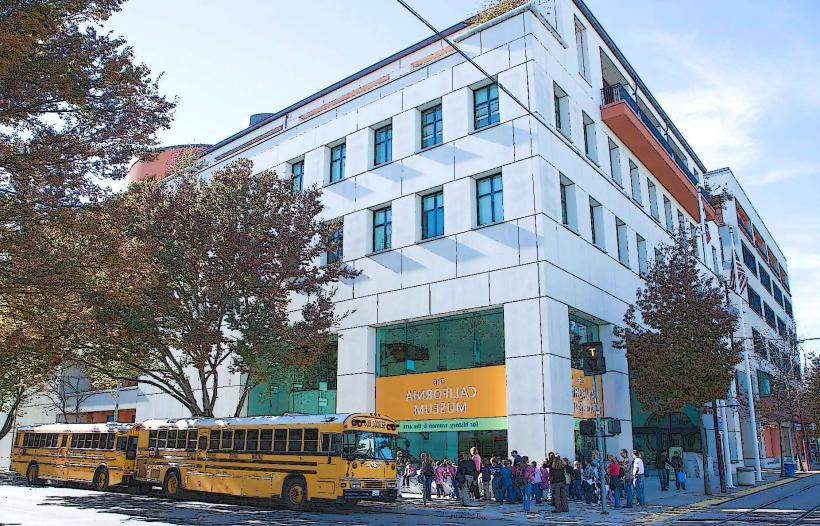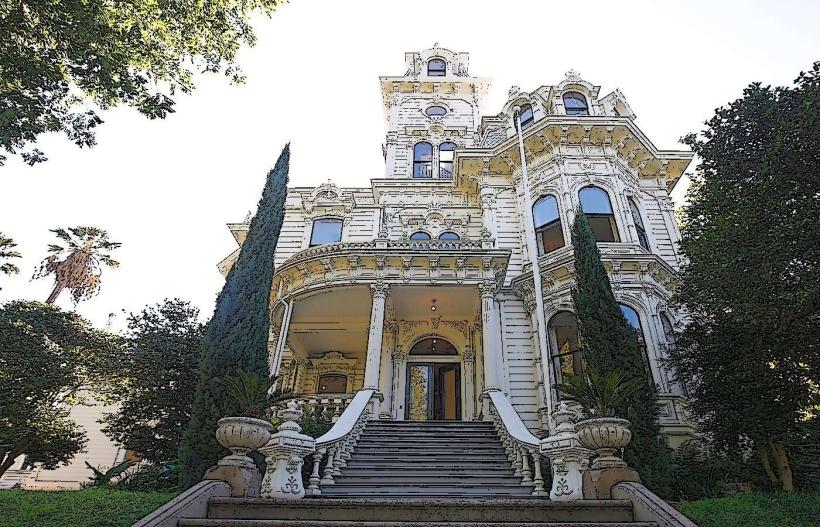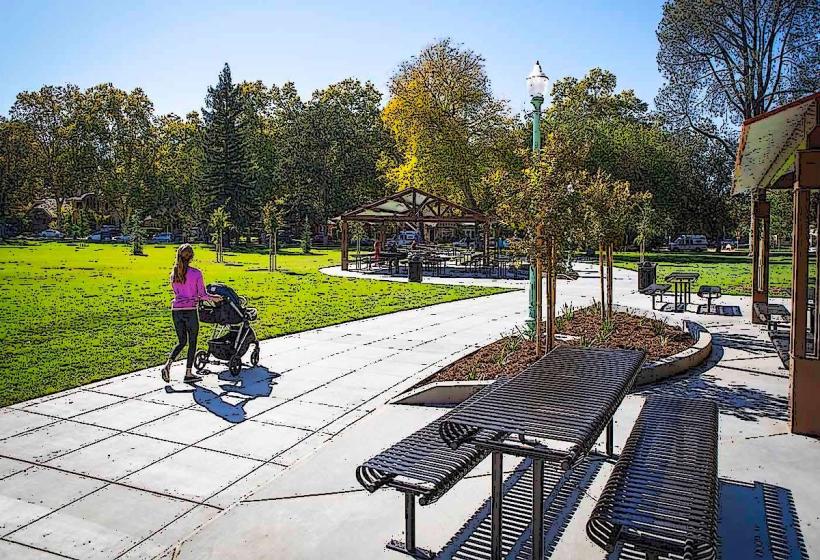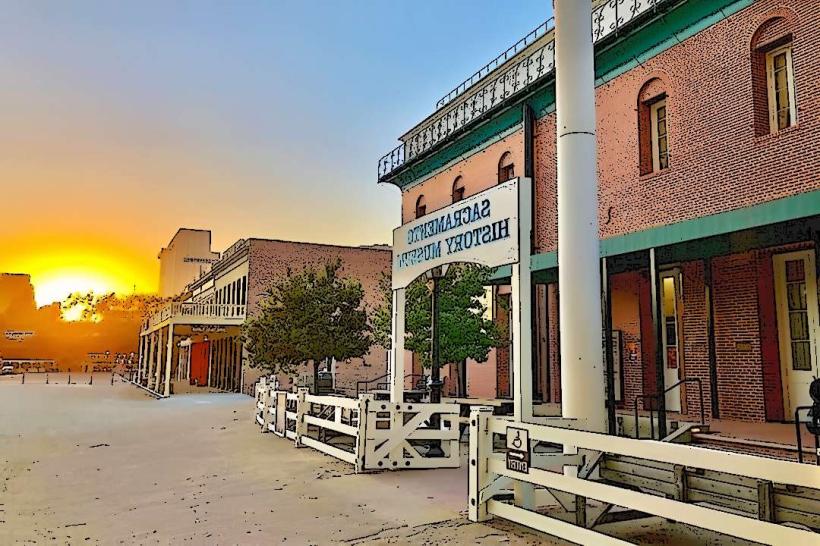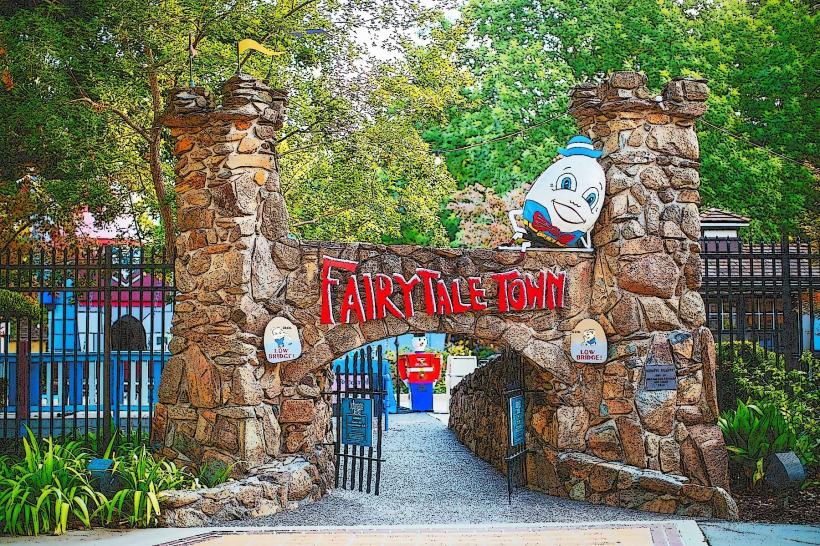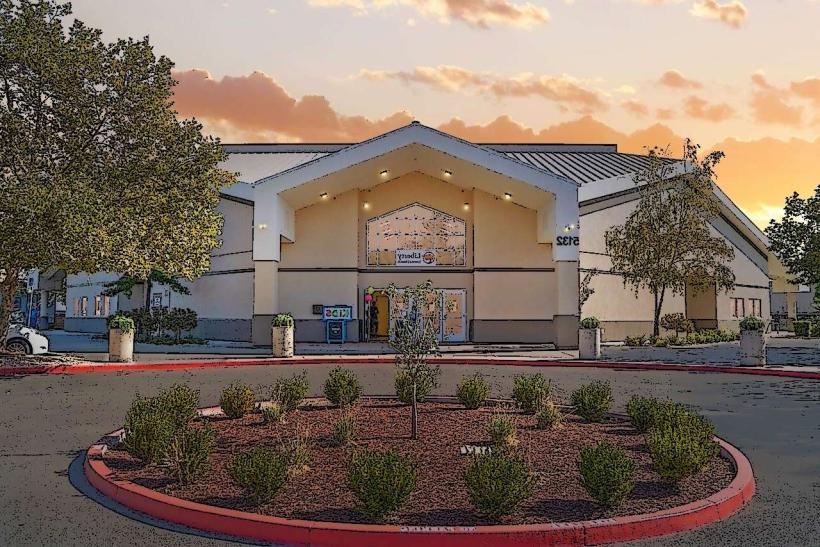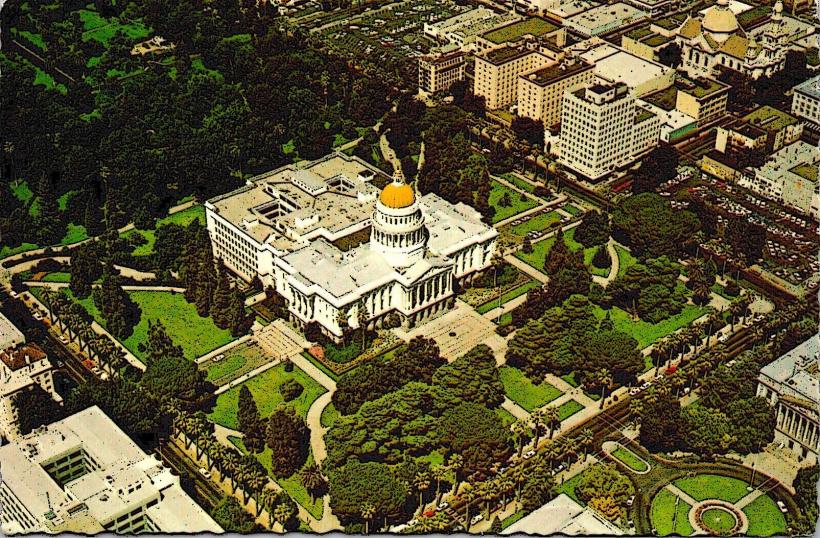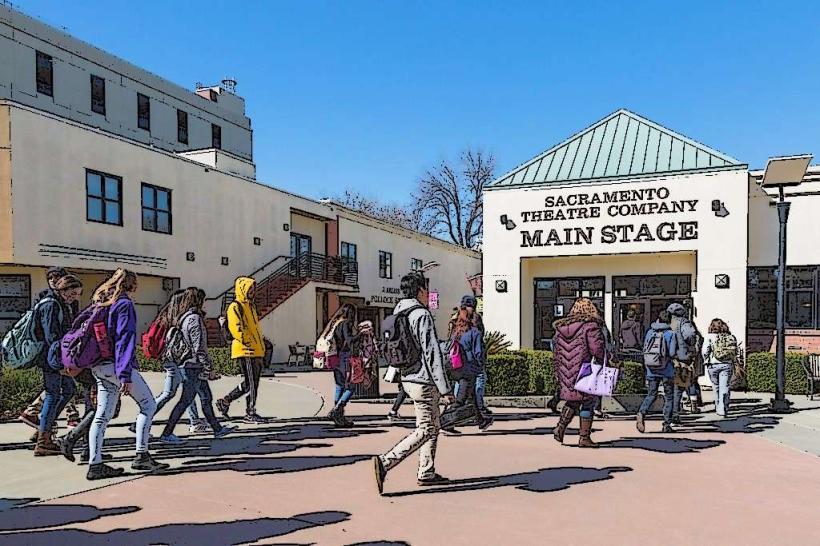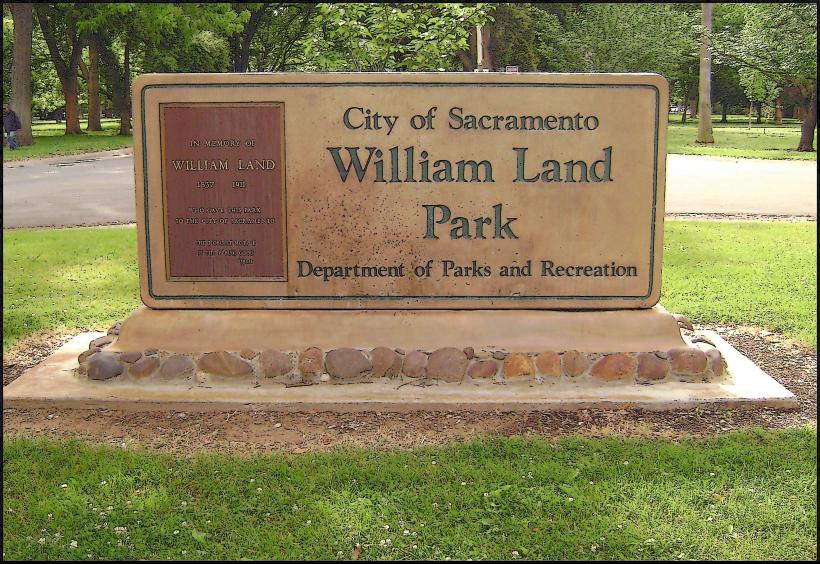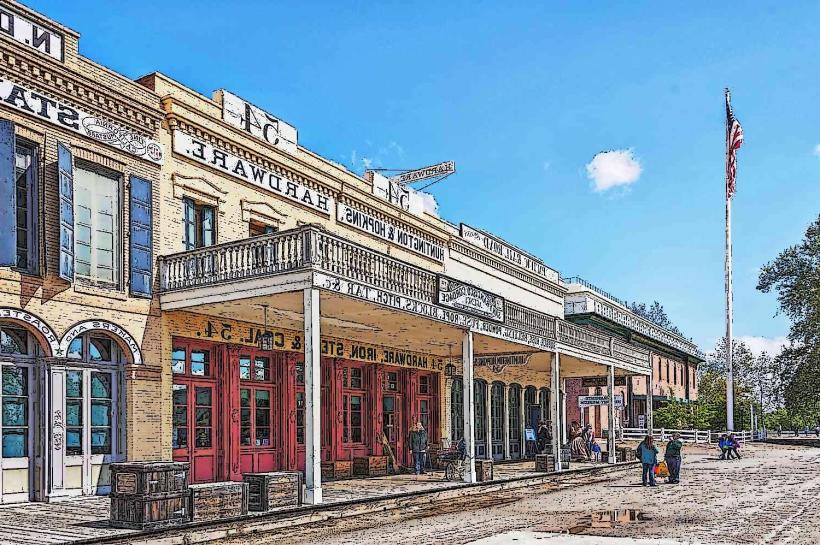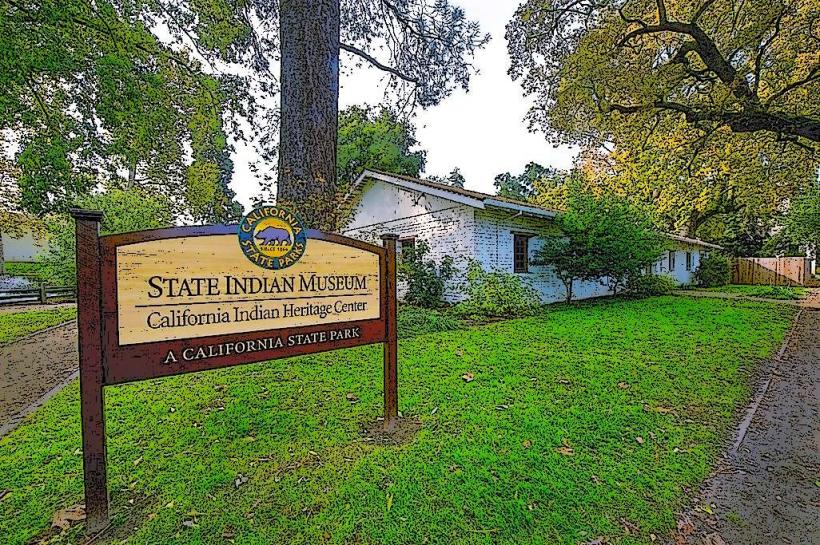Information
Landmark: Tower BridgeCity: Sacramento
Country: USA California
Continent: North America
Tower Bridge, Sacramento, USA California, North America
The Tower Bridge is one of Sacramento's most iconic landmarks—a striking vertical lift bridge spanning the Sacramento River and connecting West Sacramento in Yolo County to downtown Sacramento in Sacramento County. With its bold, golden paint and distinctive architectural design, the bridge has become a symbol of the city and a vital piece of its transportation infrastructure and civic identity.
Historical Overview
Opened: December 15, 1935
Construction Period: 1934–1935, during the Great Depression, funded in part by the federal Public Works Administration (PWA).
Designer: Designed by architect Alfred Eichler and built by the George Pollock Company.
Cost: $994,000 (equivalent to roughly $21 million today).
Purpose: Replaced the old M Street Bridge to better accommodate growing automobile traffic and river navigation.
Structural Design
Type: Vertical lift bridge
Length: Approximately 737 feet (225 meters)
Main Span: 209 feet (63.7 meters), the section that lifts for river traffic.
Height of Towers: 160 feet (48.8 meters)
Material: Constructed primarily from steel, with concrete piers and Art Deco design motifs.
Mechanism: Originally lifted using electric motors and counterweights to allow ships to pass beneath. It still functions today with updated technology.
Distinctive Features
Golden Paint
Initially painted silver with blue trim.
In 1976, the bridge was repainted gold in honor of Sacramento’s role in the Gold Rush and as a Bicentennial tribute.
It was repainted in metallic gold in 2002, and today the golden hue is one of the most recognizable features in the Sacramento skyline.
Art Deco Style
Unusual for bridges of its era, it features geometric lines, tower motifs, and bold verticality characteristic of the Art Deco movement.
Decorative detailing includes fluted tower sides and stylized balustrades.
Multi-Use Deck
Originally carried cars, trains, streetcars, and pedestrians.
Streetcar and rail use ceased in the 1960s.
Today, it supports four lanes of vehicle traffic (State Route 275) and has pedestrian/bike walkways on both sides.
Function and Importance
Vital Connection: Links Sacramento’s downtown core to West Sacramento and serves as a primary crossing for commuters and visitors.
Maritime Use: Still raises its central span to allow the passage of large river vessels and barges.
Civic Symbol: Featured in local logos, publications, and tourism promotions.
Daily Traffic: Carries around 40,000 vehicles per day.
Cultural and Civic Significance
Annual Events: Tower Bridge is often included in parades, marathon routes (like the California International Marathon), and community festivals.
Tower Bridge Dinner: A signature farm-to-fork event each fall where hundreds dine at a long table set on the closed-off bridge deck, celebrating Sacramento’s agricultural heritage.
Film and Photography: Frequently used as a backdrop in movies, commercials, and wedding or promotional photography due to its visual appeal.
Restoration and Modernization
Repainting and Refurbishment (2000s): The structure was cleaned, repainted, and had lighting enhancements added to emphasize its architecture at night.
LED Lighting: Modern lighting allows the bridge to be illuminated in different colors for events and holidays, enhancing its presence on the waterfront.
Future Plans: The city has explored potential enhancements for bike and pedestrian safety and cosmetic updates as part of riverfront revitalization efforts.
Visiting Tower Bridge
Best Viewing Spots:
Old Sacramento Waterfront: Offers panoramic views of the bridge from boardwalks and restaurants.
River Walk Park in West Sacramento: Ideal for photos with the skyline and bridge.
Walk Across: The pedestrian paths offer scenic views of the Sacramento River, boats, and downtown.
Access: Easily reachable by foot, bike, or car. Nearby attractions include the California State Railroad Museum, Crocker Art Museum, and the Golden 1 Center.
The Tower Bridge stands not only as a practical piece of infrastructure but as a living monument to Sacramento’s growth, design heritage, and river-centric history. It’s a bridge in both a literal and symbolic sense—uniting past and present, communities, and cultures.

